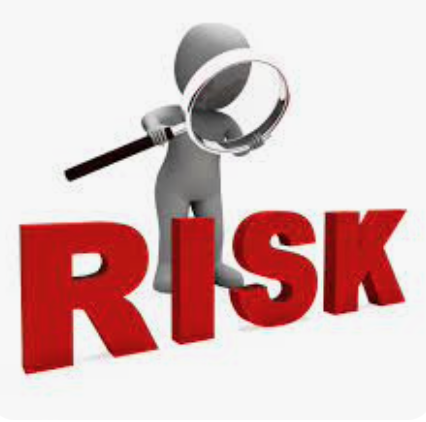Free risk assessment Zoom workshop with PocketCarer
PocketCarer is holding free Zoom workshops on how to understand what is required to create positive risk assessments for your clients. As a self-employed carer, carrying out a risk assessment for all your clients is a top priority. Regular risk assessments will allow you to identify potential hazards and take preventive measures, reducing the likelihood of accidents or harm, and improving the care you provide for your clients. The PocketCarer app provides our subscribers with all the forms, logs and templates you need to run your self-employed carer business successfully and safely, including risk assessments.
6 reasons to carry out a risk assessment.
1. Client Safety. The primary goal of carrying out a risk assessment is to protect the safety and well-being of your clients. All your clients are unique in their needs, capabilities, and health conditions. By performing a risk assessment for each client, you gain valuable insights into their specific requirements and potential risks associated with their daily activities. Carrying out a risk assessment allows you to proactively address any potential hazards and create a safer environment for them, and you.
2. Home Hazards. Your client’s own home can pose risks and affect the level of care you are able to give. It is therefore crucial to assess your client’s home and garden, and put in place measures to minimise these risks where possible.
Potential dangers can include:
- Uneven surfaces.
- Tripping hazards.
- Slippery floors.
- Poorly lit areas.
- Furniture placement
- Electrical equipment
- Fire hazards
3. Personal Care Activities. Risk assessments should also focus on the specific care activities you provide for your clients. You should evaluate tasks such as bathing, toileting, and medication management, and consider the potential risks involved. These could include; falls, scalding, or medication errors. Your risk assessment should clearly implement preventive measures, such as using non-slip mats, installing grab rails, or providing clear instructions for medication administration.
4. Manual Handling and Mobility. As a self-employed carer, you’ll be used to the mobility challenges of many of your clients. In order to lessen the risk of injury to your client, or straining yourself, your risk assessment should evaluate the physical requirements of tasks such as:
- Transferring clients from their bed to seats.
- Assisting with walking.
- Using mobility aids.
5. Infection Control. Infection control is of paramount importance. Your risk assessment should evaluate factors such as your client’s medical history, their vulnerability to infections, and the prevalence of communicable diseases in their environment. Identifying necessary measures such as hand hygiene, appropriate personal protective equipment (PPE), regular cleaning, disinfection protocols, and proper waste management are imperative to safeguarding yours and your client’s wellbeing.
6. Emergencies. No matter how careful and cautious you are, emergencies can still occur. Preparing for and assessing potential risks will enable you to establish effective emergency protocols. Your risk assessment will identify any specific health conditions or vulnerabilities that may require immediate attention, such as serious allergic reactions, chronic illnesses, or falls. You will then have a clear plan of action if an emergency occurs, which should include the contact details of emergency services and your client’s specific, or specialist, healthcare providers.
Positive Risk Assessment and Risk Enablement
As part of the PocketCarer Risk Assessment Workshop, we will be discussing the importance of positive risk assessment – also known as risk enablement – which promotes independence by empowering your clients’ to take on tasks and activities which allow them to have a much more enjoyable quality of life. Positive risk assessment is about listening to your clients and assisting them in taking more control of their own lives; making their own decisions, ensuring they are capable and aware of any risks involved, and then learning from the outcomes of those decisions and actions. Being supported in taking positive ‘risks’ is hugely beneficial to the physical, mental, and emotional wellbeing of your clients, as it boosts self-esteem, independence, and maximises their quality of life.
Sign up for the PocketCarer free risk assessment workshop
Signing up for the PocketCarer free risk assessment workshop for self-employed carers will enhance the care you give your clients and increase confidence in your role. Conducting a thorough risk assessment is a proactive and essential part of being a self-employed carer. Fostering trust, providing a nurturing environment, and providing peace of mind for your client and their families will ensure a positive and healthy professional carer relationship. Creating and regularly reviewing and updating your risk assessments as your client’s needs’ change is vital to maintaining their safety and yours, as well as demonstrating your dedication to delivering high-quality care. Sign up now and be the first to hear about our risk assessment workshop dates, as well as other essential PocketCarer workshops for the self-employed carer, today.
Download the PocketCarer app FREE today




